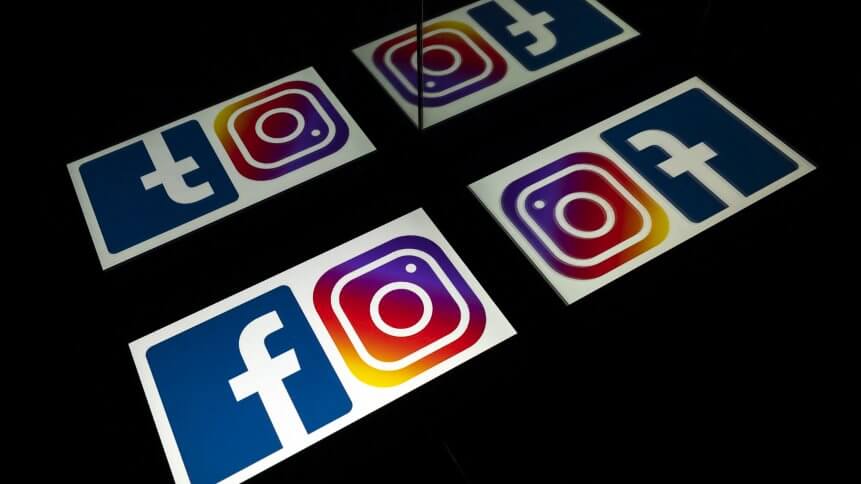Labeled “extremist”, Russia bans Instagram and Facebook

While Facebook and Instagram have been removed from their services in Russia since the Ukraine invasion on February 24th, a Russian court bans Facebook and Instagram as “extremist” in the country.
The move is part of sweeping efforts by Moscow to crack down on social media during the conflict in Ukraine. According to reports, the Russian authorities have accused US tech giant Meta — the parent company of Facebook, Instagram, and WhatsApp — of tolerating “Russophobia” since President Vladimir Putin sent troops into Ukraine.
Moscow’s Tverskoi district court acceded to a request from prosecutors for the two social media platforms to be banned for “carrying out extremist activities”. Interestingly, the court ruled that Meta’s WhatsApp messenger service would not be prohibited because it is not used to post public statements.
Another app not facing bans in Russia bans is Telegram. The Telegram app has been serving as a platform forum for Russian authorities to promote narratives on the conflict. There have also been reports that the app is being used to spread the news in both Russia and Ukraine.
There was no immediate comment from Meta. On March 11th, Nick Clegg, President for Global Affairs in Meta commented that Meta’s policies “are focused on protecting people’s rights to speech as an expression of self-defense in reaction to a military invasion of their country.”
“To be clear, we are only going to apply this policy in Ukraine itself. We have no quarrel with the Russian people. There is no change at all in our policies on hate speech as far as the Russian people are concerned. We will not tolerate Russophobia or any kind of discrimination, harassment, or violence towards Russians on our platform,” he commented on a statement before the court ruling.
Meanwhile, Bloomberg reported that Russia could also ban YouTube as the platform banned a channel from Russia’s Ministry of Defense, according to an internal document reviewed by Bloomberg. Google has already shut its advertising business in Russia but continues to maintain its popular consumer services, such as YouTube.
Google remains the most-used search engine in Russia, beating local provider Yandex NV, according to outside measurement firms.
It is also important to note that Facebook and Instagram are not only banned in Russia. China has already banned Facebook, Instagram, YouTube, and even Google for some time.
Russia bans more apps and websites
Apart from Meta, Russian media regulator Roskomnadzor also blocked access to euronews.com, the website of the French channel Euronews, and its Russian version ru.euronews.com, at the request of the prosecutors’ office. No reason was given for the action.
Earlier this month Roskomnadzor blocked access to the BBC’s main news website, with Moscow’s foreign ministry warning of more retaliatory measures against the media.
During the court hearing, Russia’s FSB security service accused Meta of working against the interests of Moscow and its army during the conflict.
“The activities of the Meta organization are directed against Russia and its armed forces,” FSB representative Igor Kovalevsky told the court in a statement reported by Russian news agencies.
In court, a Meta representative said that “following public debate” the company had now changed its policy and deemed that “Russophobia and calls for violence against Russian citizens are unacceptable”.
Experts said on Monday it remained unclear whether it was now illegal for ordinary Russians to post on Facebook and Instagram.
Net Freedoms Project said Russians could use Meta’s social media “carefully” — for now. The rights project noted that the prosecution said Russians cannot be prosecuted for simply using social media.
Meta boasts billions of users globally across its apps. Facebook and Instagram were widely used in Russia and the latter was the most popular social media platform among young Russians.
The bans in Russia is expected have a big impact on businesses. For many small Russian businesses, Instagram was a key platform for advertising, processing sales, and communicating with clients.
The United Nations had voiced alarm at Facebook’s decision to temporarily ease its policy on violent speech after Russia’s invasion of Ukraine, warning it could spark “hate speech” against Russians.
With additional reporting from Agence France-Presse










